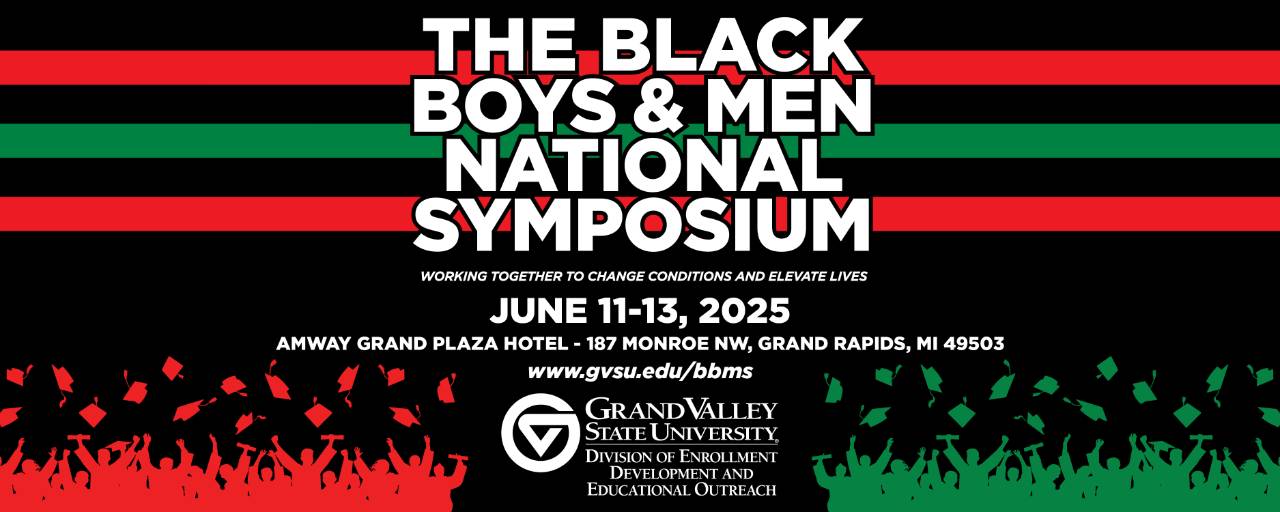Black Boys & Men National Symposium Tentative Schedule
Wednesday, June 12 (Day 1)
5:00 pm - 6:00 pm – Opening Reception
6:00 pm - 7:30 pm - Opening Plenary
7:30 pm - 10:00 pm - After Hours Activities
Thursday, June 13 (Day 2)
8:45 am – 10:00 am - Session 1
10:15 am – 11:30 am - Session 2
11:30 am – 1:00 pm - Lunch On Own
1:00 pm – 2:15 pm - Featured Speaker
2:30 pm – 3:15 pm - Session 4
3:30 pm – 5:00 pm - Session 5
TBD - Sneaker Ball
Friday, June 14 (Day 3)
7:30 am - 9:30 am - Light Breakfast
8:45 am – 10:00 am - Session 6
10:15 am – 11:30 am - Session 7
11:30 am – 1:30 pm - Closing Speaker/Lunch

